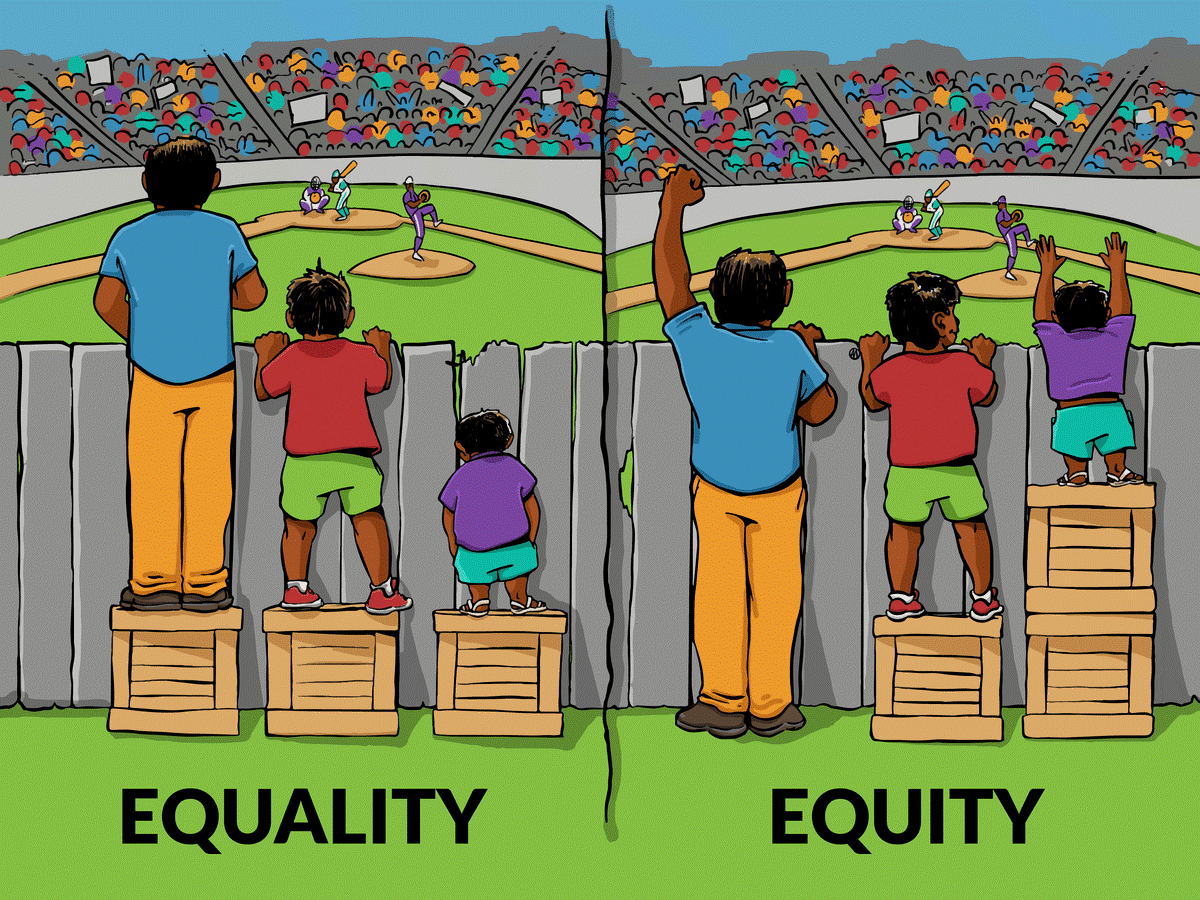During this quarter, I participated in an action project with the Community Alliance for Global Justice (CAGJ), a local non-profit who advocates for community-based movements that strengthen local economies, promote diversity and autonomy, and combat unjust trade and agricultural policies. For the project, we did email and phone outreach to ask for donations from local businesses for their annual SLEE (Strengthening Local Economies Everywhere) silent auction dinner event. We also researched extensively for the CAGJ’s new Fair Trade page on their website.
The most specific topics that stood out in the course material and connected to my action project were trade liberalization, racial justice, and food sovereignty. I was able to connect these subjects extensively with the course material through readings such as Freedom Farmers and my project research and discussion, ultimately deepening my understanding of the complex issues present in our global and local food systems.
Trade liberalization (and sometimes unfair, “Fair Trade”) in many ways, has led to the demise of developing nations and smaller local economies. While learning about how the CAGJ fights against many of the actions of the WTO, I was able to connect what I was learning about in class in terms of how the global system is currently shaped to benefit big business and big agriculture, leaving “the little guy” behind.
In addition, the topics of food and racial justice, along with food sovereignty played into many aspects of my action project. We talked about Food Empowerment Education & Sustainability Team (FEEST), who works in South King County promoting, “healthy food access, racial justice, and youth empowerment to create food justice in low income communities of color and develop leadership for lasting change” (FEEST, pg 3). This stood out to me and made me think about how systemic racism contributes to inequitable health outcomes for POC, and currently, has contributed to increased cases of COVID-19 for the Black community who disproportionately work low paying jobs in the food industry, lack access to health care, and live disproportionately in food swamps.
While discussing racial inequity in the food system with the CAGJ and in class, it is important to consider the effects of systemic racism also in schooling, income, job access, opportunity, and health outcomes.
If there is one thing that I can walk away from this class with, it is the understanding that a nation is not truly free until its citizens stand in solidarity and fight for those who lack justice, equity, and freedom from oppression.



